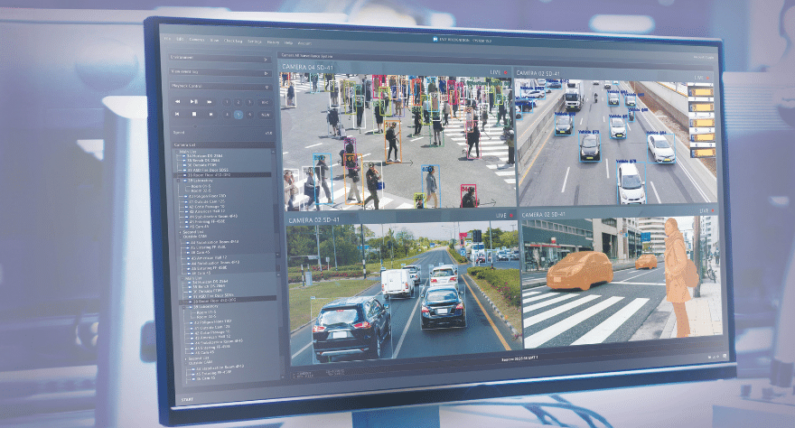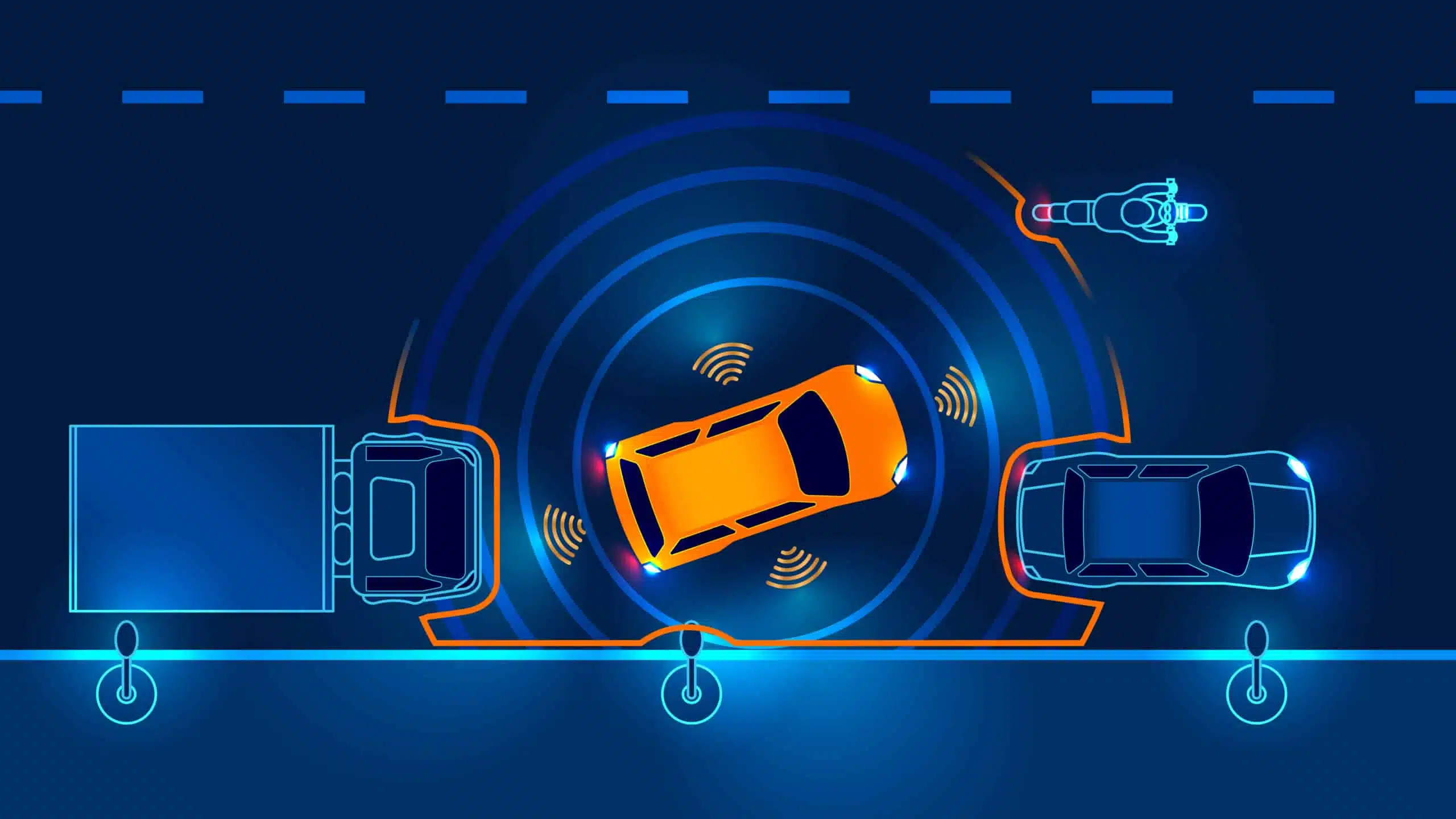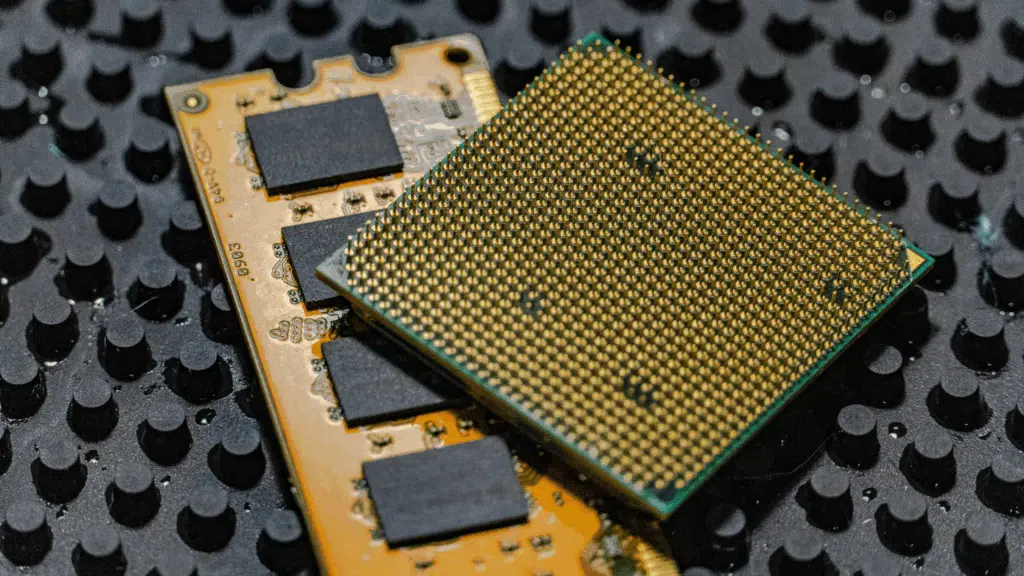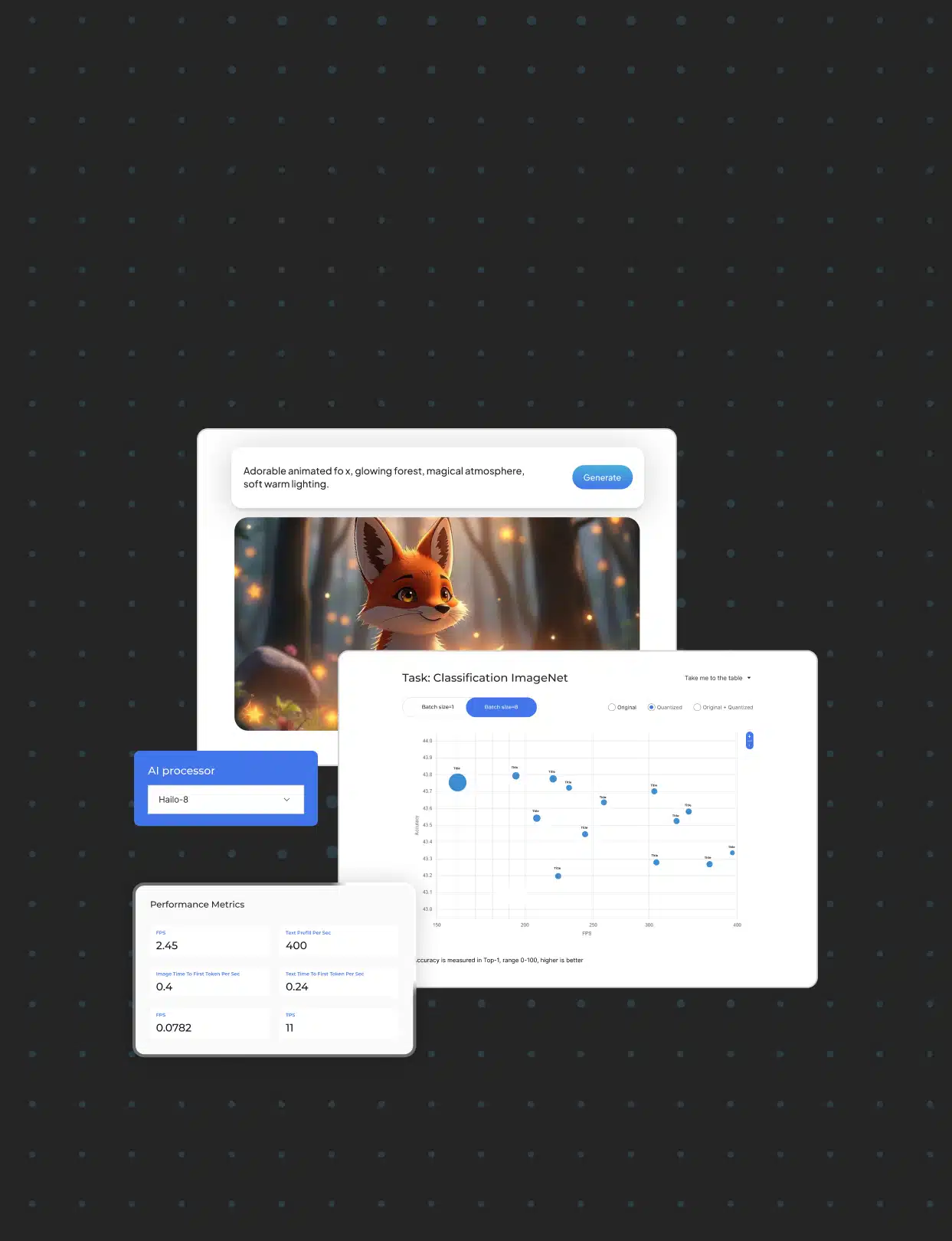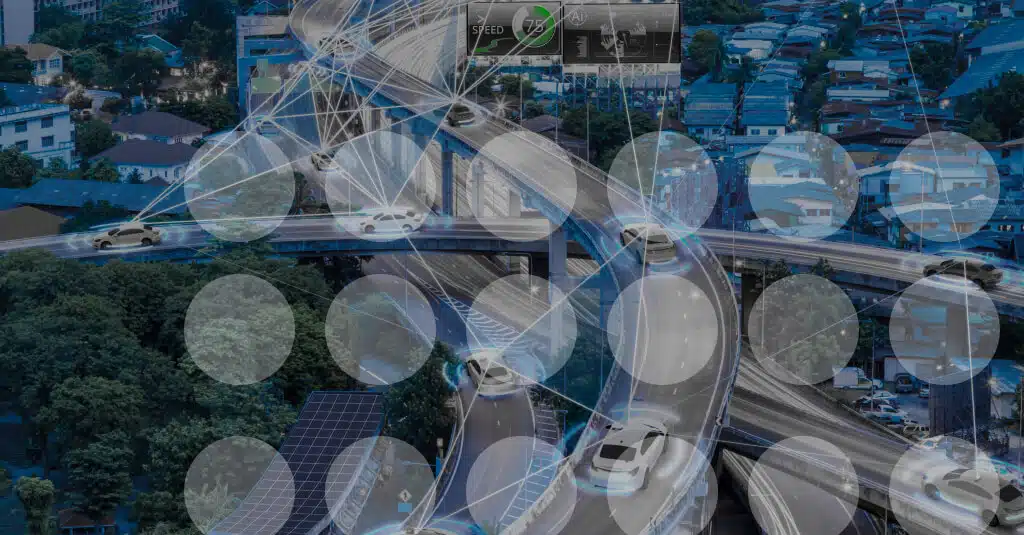Balancing Personal Privacy and Public Safety with Edge AI

The Clash of Safety and Privacy
In today’s world, rising urbanization, increasing crime rates, and the threat of terrorism are putting public safety at risk. As cities expand and their population grows denser, the challenge of ensuring public safety becomes even more complex, especially considering constrained law enforcement resources. Advances in technology have led to the deployment of monitoring devices and cameras, to make public spaces safer. With an installed base of over 600 million surveillance cameras, China has almost one camera per 2 people. The top most surveilled cities outside of China include Delhi, Seoul, Moscow, New York and London among others. However, this increase in surveillance comes at a significant cost: the erosion of personal privacy. People value their right to remain anonymous and free from constant monitoring. The feeling that the “Big Brother” is watching at all times is leading to a complex clash between safety and privacy. This triggers a vivid debate among policy makers, that often leads to legislation to regulate or prohibit the use of monitoring devices in the public domain.

AI Technologies for Crime Prevention and Enhanced Public Safety
AI has been playing a growing role in maintaining public safety recently, through integration into security systems at the camera or the video management system level. Advancement in technology, especially around generative AI, makes AI even more attractive for public safety monitoring.
The most common AI use cases in surveillance systems include perimeter protection and access control. These applications leverage AI tasks such as object detection, segmentation, video meta data and re-identification to rapidly and accurately identify legitimate vs. suspicious or abnormal people or behavior and trigger response in real time.
AI-powered surveillance systems offer more sophisticated and nuanced surveillance capabilities, enabling detection, identification and response to security events in real-time and high accuracy. However, while enhancing security and ensuring public safety, these technologies also raise concerns about privacy and potential misuse of personally identifiable information (PII), highlighting the need for robust data protection measures. Privacy Challenges in Cloud AI Solutions.

Ethical Considerations and Privacy Challenges in Cloud AI Solutions
Traditional cloud-based AI solutions offer powerful processing capabilities by leveraging centralized data centers. However, they also introduce certain vulnerabilities, particularly concerning data privacy:
- Data at Rest:
Centralized storage of vast amounts of data makes cloud systems attractive targets for cyberattacks. Hackers, whether private individuals, organized crime syndicates, or even hostile governments, can exploit these systems, leading to massive data breaches. Distributing the data processing to the edges of the network makes any breach limited to the specific node being hacked, making massive data breach more challenging. Additionally, regulations regarding data privacy impose limitation on how and which raw data can be analyzed. Cloud-based systems must navigate these complex legal landscapes, often resulting in limited insights, compliance challenges and even potential legal liabilities. Edge processing, on the other hand, enables harvesting profound insights while only storing and transmitting the minimum required information. - Data in Transit:
Transmitting data from devices to the cloud creates multiple points of vulnerability. Intercepting data during transmission can expose sensitive information, undermining the security of the system. - Trusted Execution Environment:
A cloud center is a single point of failure that might impact a large number of cameras while if distributed, each system is free to adopt different algorithms / capabilities that scale in accuracy based on owner’s / integrator’s decision
Edge AI: A Solution for Privacy-Sensitive Security
Edge AI offers a compelling solution to these challenges by processing data locally on the device itself, rather than transmitting it to a centralized cloud. This approach presents several advantages from a privacy standpoint:
- Reduced Data Transmission:
By processing data on the device, edge AI minimizes the need to transmit sensitive information over the internet, significantly reducing the risk of interception and breaches. - Localized Data Storage:
Edge devices store data locally, which limits the exposure in case of a cyberattack. Even if a device is compromised, the scope of the breach is contained to that specific device, rather than an entire network. - Anonymized Data Storage:
Furthermore, if anonymization takes place locally, data stored on the edge device or in the cloud can be anonymized, maintaining the essence of the data without exposing PII. - Data Selectivity:
Edge AI can be designed to focus only on relevant events, such as identifying instances of violence or suspicious behavior, without recording continuous footage. This selective recording helps maintain the privacy of individuals in public spaces.
To effectively balance safety and privacy, edge AI systems can be designed with specific limitations that inherently protect personal data. For example, bandwidth limitation, which restricts the transmission capabilities of cameras to ensure that video files are not continuously sent to the cloud. This reduces the risk of data breaches and preserves the privacy of individuals. Another native technology limitation can be applying selective recording to limit the amount of stored data and focus on capturing only what is necessary for public safety.
For edge AI to be effective, it must be both powerful and efficient. Devices need to process complex algorithms quickly to identify threats in real-time, while remaining cost-efficient and power efficient. While ISVs are optimizing algorithms to ensure that edge AI can perform sophisticated tasks without draining compute resources, advances in AI hardware, such as specialized AI processors and low-power, high performance chips, are making edge AI possible.
Striking the Balance: Privacy and Safety United
Edge AI presents a promising solution to the challenge of balancing public safety with personal privacy. By processing data locally and imposing inherent limitations on data transmission and storage, edge AI reduces the risks associated with cloud-based systems. As these technologies continue to evolve, edge AI will play a crucial role in creating safer public spaces while respecting individuals’ right to remain anonymous. This approach not only enhances security but also builds trust in systems designed to protect us.
Read mode about what we do
Hailo offers breakthrough AI accelerators and Vision processors
